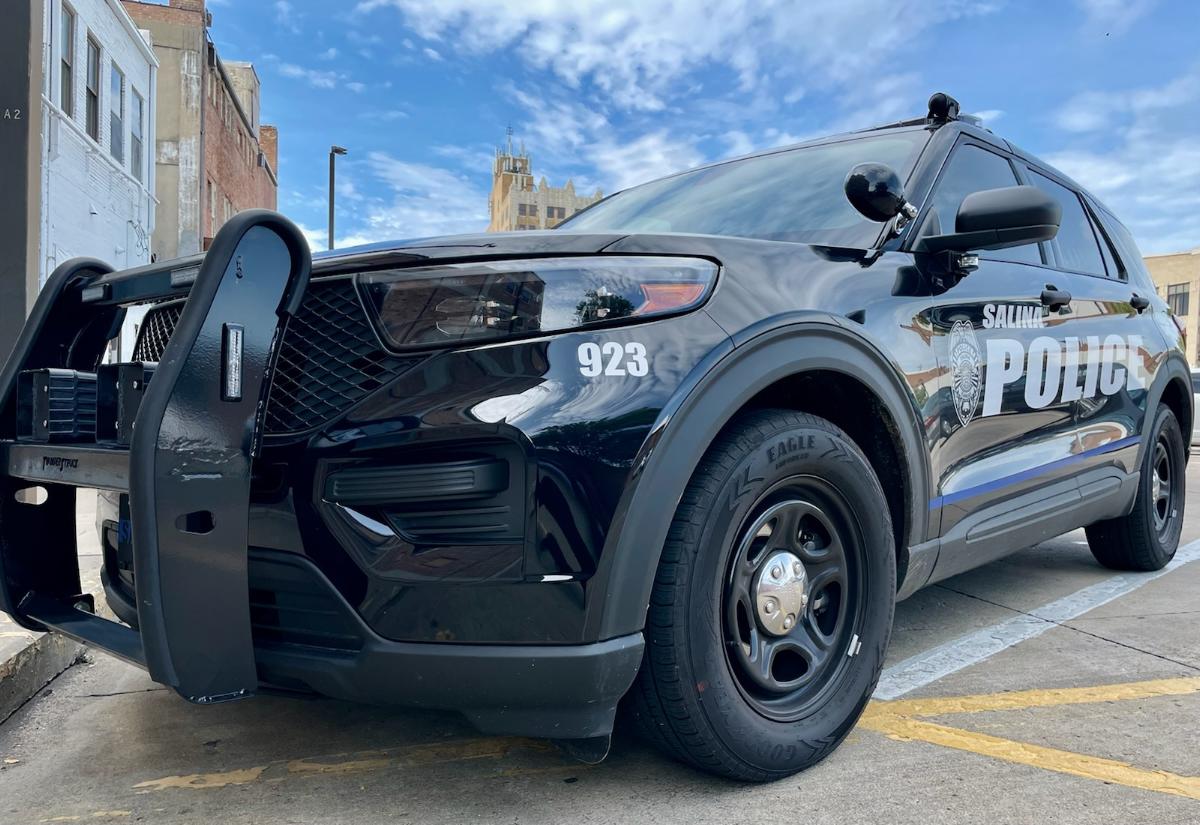While mass shootings weren’t the specific target for forming a new Co-Responder program in Salina and Saline County, those tragic events are on the minds of many.
It stands to reason, given that the nation experienced 693 mass shootings in 2021; 611 the year before; and 246 this year through May 24, the day 19 students and two teachers were killed at Robb Elementary School in Uvalde, Texas, according to NPR.org.
Sen. Roger Marshall, R-Kansas says two-thirds of mass shootings included some sort of underlying mental health concern.
Roger Barnhart, crisis director at Central Kansas Mental Health in Salina, offered comment on the sad subject, as it might relate to co-responders:
“Once a person’s mental health status has escalated to the point of being an active shooter, a mental health co-responder may not be able to de-escalate on scene. What a co-responder will be able to do is meet a person suffering from mental health ‘where they are at’ when they are in a crisis, in the community when they are first suffering a crisis. Many of these active shooters have a long history of mental health struggles —- not all of which were diagnosed, addressed or treated. By integrating co-responders, our hope is to address their care needs BEFORE their condition escalates to the level of being an active shooter. We can address their needs while in crisis, and getting them into effective ongoing care — through community collaborations — to address the holistic needs (mind, body and spirit) of the patient and their support system of family and friends.”
Effective healthcare focuses on preventative care, he added, such as a cardiac patient who is given healthy diet recommendations from a dietician/nutritionist, an exercise program, and scheduled, ongoing visits with a physician, etc., all in an effort to prevent a future heart attack.
“Same thing with mental health. Integration of mental health into community-based services will meet our patients (and families) where they are, outside the walls of a facility. It will address their needs beyond just physical or mental health to a holistic model. The stability of each component (housing, finance, family, school, drugs, physical, etc) can impact mental health.
“Co-responders is another resource to address the needs of our community, and offer continued care to best ensure it does not escalate to that of an active shooter,” Barnhart said.
Meeting on the streets with someone suffering from mental illness “can prevent something from happening,” said Capt. Paul Forrester of the Salina Police Department.
It would often be difficult to know if you succeeded, he said, “but if nothing occurs, maybe you will know you are making a difference.”
Having co-responders available can only help, said Annie Grevas, Community Corrections director for the 28th Judicial District. She’s a member of the local subcommittee of the Salina/Saline County Crisis Intervention Team that is spearheading the Co-Responder program.
“The more help we get people in need, the better our community will be overall,” she said. “It can avert crises on the street.”



